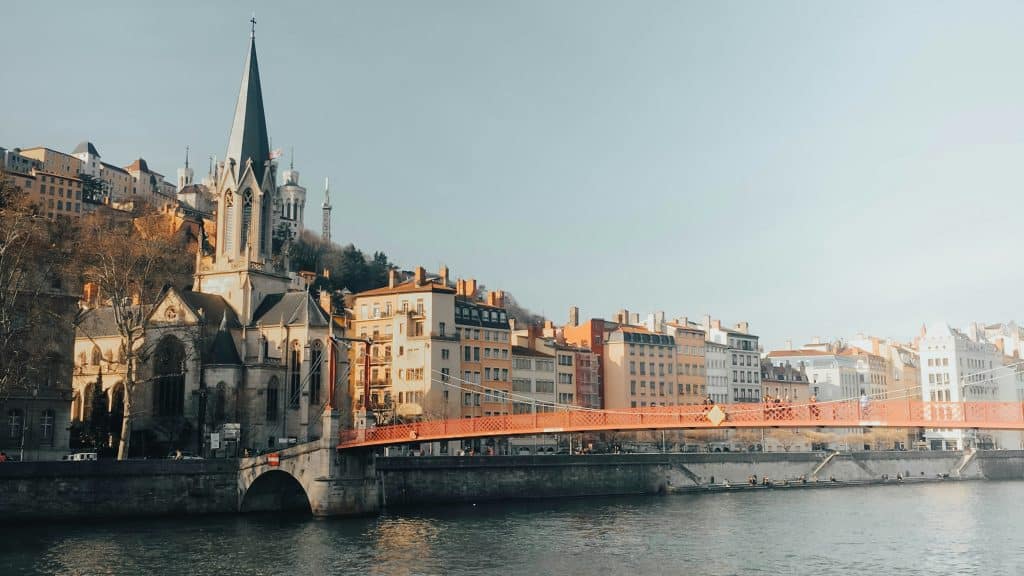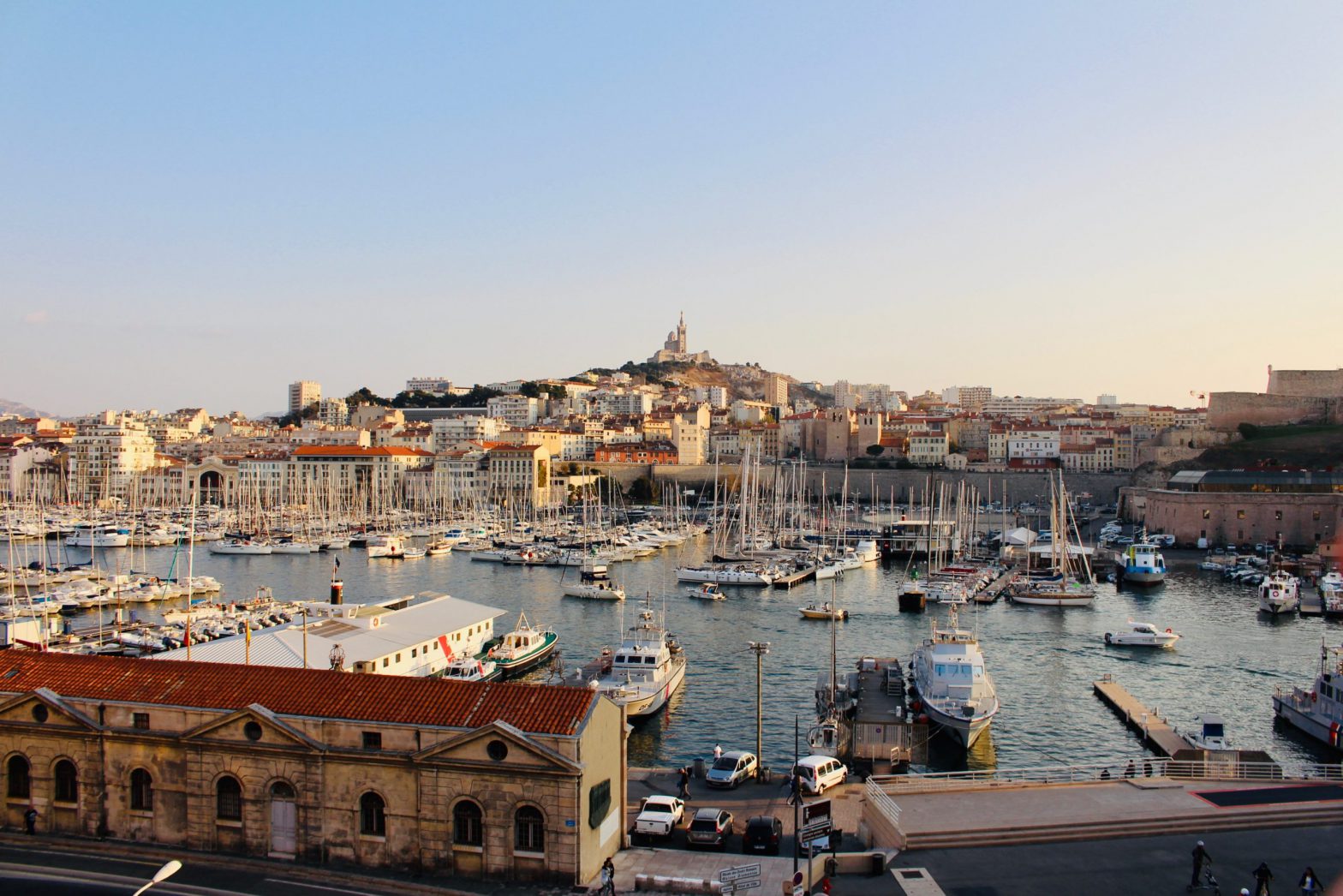Every year, France seduces millions of travelers and expatriates with its superb cultural heritage, mosaic of landscapes, and unique art de vivre. So, whether you’re looking to live in the heart of Paris or anchor yourself along the French riviera, Foyer Global Health is here to give you some tips on how to settle in la belle France.
Moving to France: some entry formalities
EU/ EEA nationals as well as Swiss citizens are free to enter, stay, and work in France without a residence or work permit. If you enter the country from the EU, you will not have to complete any customs formalities; from Switzerland, you will have to declare your personal belongings to the French and Swiss customs.
Third-country nationals need a residence permit, either for temporary expatriation or long-term residency. The type of permit or visa depends on the duration and reason of their immigration. After Brexit, British nationals have been required to hold a residence permit if they plan to settle in France for more than three months.
Working in France
Only nationals from countries outside the EU, EEA and Switzerland are required to get a work permit as well as a residence permit to settle and work in France. The French labour market is highly regulated (employment contracts, working hours, holiday time, etc.) and the employee status is well protected by French law. Entrepreneurs must not feel discouraged by the French bureaucracy: they’ll soon realize there is a wealth of options for setting up a business in France once you’ve understood the procedures. While clichés about French workers may not completely reflect reality, it is true that they traditionally take a proper lunch break (and after-work drinks on Fridays). A decent work-life balance is also an important factor. Even if remote work has become very popular because of the Covid-19 pandemic, it is still not perceived as the ‘norm’. The French still emphasise punctuality and ‘presenteeism’ at the office.
What are the best places to live in France?
Most expatriates tend to settle in large cities such as Paris, Bordeaux, or Lyon. Others prefer the South of France’s douceur de vivre and opt for gorgeous Marseille or Nice. France’s largest cities hold the greatest number of job opportunities for foreigners. But since the pandemic, many people have moved from the boisterous cities to smaller ones like Nantes or to the countryside.

Finding accommodation
Finding accommodation can feel like a daunting task because of the rigidity of the procedures (and that’s not only for expats!). To sum it up: patience is key! In fact, prices are high and competition can get fierce in ‘hot spots’ (zones tendues) like Paris. Just like in any other country, your rent depends on the city, the neighbourhood and the type of accommodation you are looking for. You can use the services of a relocation agency, a flat hunter, a real estate agency, or explore real estate websites such as seloger.com, bienici.com or download the Jinka application which aggregates real estate across multiple websites. If you’re looking to buy property, it’s best to go directly through a real estate agent, as you’ll need an expert to help you navigate the bureaucracy.
Healthcare in France
The French healthcare system is efficient in terms of affordability, quality of service and coverage. Every person living in France, whether working or not, is insured by l’assurance maladie, the French public healthcare insurance system, which covers up to 70% of medical care fees. Expats who come to France to retire can also benefit from the French public insurance. While 95% of French people subscribe to a private health insurance (mutuelle/complémentaire santé) to cover the medical expenses not reimbursed by social security, many expatriates turn to international health insurance companies to get personalised services.
Schooling in France
Moving to France with your family? Schooling is compulsory from the age of three. There are three types of schools: public schools, ‘sous contrat’ private schools (the school follows the national school curriculum and the staff is paid by the French government), and ‘hors contrat’ private schools (the school is free to set its own curriculum and not funded by the government). There are also international sections, including bilingual ones (French/other language), in French public schools. Where you live will determine your child’s public school.
Getting around
If you are not planning to move to a big city in France or if you just want to explore the country at your own pace, getting a car is definitely something to consider! Expats can drive in France with their national licence under certain conditions. Traveling by train is also a very efficient way to get around the country. France has a great close-meshed rail network connecting all the country’s biggest cities. In less than 4 hours, you can get from one metropolis to another in a TGV. Planes are also a fast and affordable way to travel from one end of the country to the other…
Ready to start living the best part of your expat life in France?
Here are some of the country’s top attractions:
- In Paris: Tour Eiffel, musée du Louvre, Sainte-Chapelle, Musée d’Orsay, Tuileries and Luxembourg gardens, parc des Buttes-Chaumont, Butte Bergeyre, Père-Lachaise cemetery, Canal Saint-Martin, Sacré-Cœur, butte de Montmartre, and around : Versailles, Fontainebleau
- In Toulouse : Basilique Saint-Sernin, musée des Augustins, stade toulousain, place du Capitole, Place Saint-Georges, musée Aéroscopia, and around: Carcassonne or Albi
- In Lyon: Basilique Notre-Dame de Fourvière, musée des Beaux-Arts, Institut Lumière, bouchons lyonnais, Fête des Lumières, Croix-Rousse’s designers
- In Marseille: le Vieux-Port, l’Estaque and le Panier neighbourhoods, Notre-Dame de la Garde, archipel du Frioul, MuCEM, Cité radieuse, les calanques
- In Nice: Promenade des Anglais, Vieux-Nice, Colline du Château, le MAMAC, le Musée Matisse, and around : Saint-Jean-Cap-Ferrat, Cap d’Ail, îles de Lérins, Vallée des Merveilles, massif de l’Estérel
- In Nantes: château des Ducs de Bretagne, Cathédrale Saint-Pierre-et-Saint-Paul, musée Jules Verne, Mémorial de l’abolition de l’esclavage, Machines de l’île, Parcours Estuaire
- In Bordeaux: Grand théâtre, Cité du vin, centre Darwin, Bassins de Lumières and around: bassin d’Arcachon, Dune du Pilat, and a little further down south, beautiful Biarritz and luminous Saint-Jean-de-Luz
- In Lille: the old town, palais des Beaux-Arts, ‘Tri Po’, LaM, les Maisons Folie, ‘Saint-So’, and the Grande Braderie
